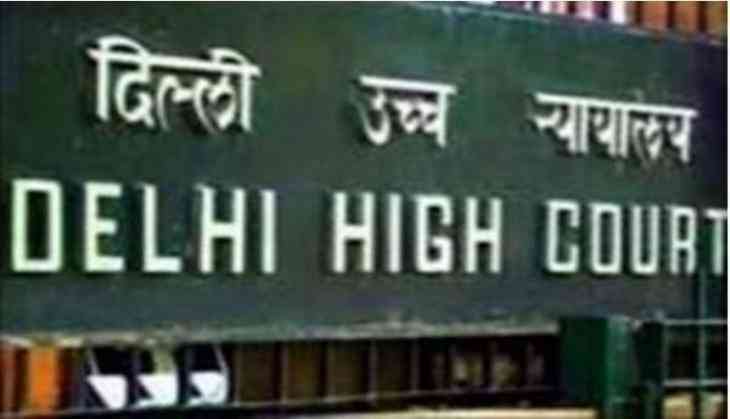
The Delhi High Court has questioned the legality of a central government press release clarifying that the Goods and Services Tax (GST) on all legal services provided by lawyers or law firms would be paid on reverse charge basis by the client.
A bench of Justices S Muralidhar and Pratibha M Singh also posed several queries regarding the release issued by the finance ministry subsequent to the high court's 12 July order asking the government to clarify on which legal services the GST was to be paid on reverse charge basis.
Reverse charge basis means that the tax will have to be paid by the service recipient which will be litigants under the present circumstances.
The posers to the ministry, represented by central government standing counsel Sanjeev Narula, ranged from whether the GST Council after its 14th meeting on May 19 made any further recommendations regarding legal services and if a recommendation of the council could be clarified by a circular or press release or notification, and if yes, by whom.
Narula was also asked yesterday by the court to ascertain whether a lawyer or law firm registered under the Finance Act, before the service tax regime was replaced by the GST, could surrender the registration, and if yes, what was the mechanism.
This query was posed after the petitioner advocate, J K Mittal, claimed there was no mechanism to surrender the registration.
While listing the matter for further hearing on September 14, the bench said its interim order of July 12, to not take coercive action against lawyers and law firms for non- compliance of the GST law, shall continue and would also cover the limited liability partnerships (LLPs).
The court also said that till further orders, all the legal services provided by the advocates, including senior counsel, law firms and LLPs will continue to be governed by the reverse charge mechanism.
The court was hearing Mittal's plea seeking quashing of the notifications issued by the Centre and the Delhi government acclording to which the GST would be paid by the advocates and law firms on all services offered by them, except representing their clients in the courts.
For representational services, the recipient of the service -- clients or litigants -- would have to pay the GST as per the notifications, the petition has said.
Mittal has claimed that the decisions of the two governments were contrary to the recommendation of the GST Council which had recommended that on all services offered by a lawyer or law firm, the service recipient would pay the GST.
The petition also alleged that the council had recommended that the lawyers or law firms should be exempt from registration under the central and state GST laws, which has also not been followed by the two governments.
-PTI


